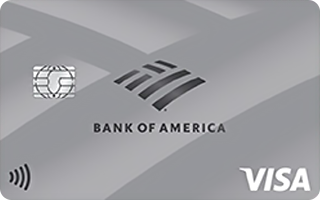Both the Capital One Quicksilver Cash Rewards Credit Card and the Bank of America® Unlimited Cash Rewards Credit Card offer the simplicity of a flat 1.5% cash back on all purchases, which might be why you're considering them.
The Quicksilver edges ahead with its higher cash back score and the perk of no foreign transaction fees, making it the better choice for many. But the BofA Unlimited Cash remains a strong contender, especially if you take advantage of the additional cash back for Preferred Rewards members.

















